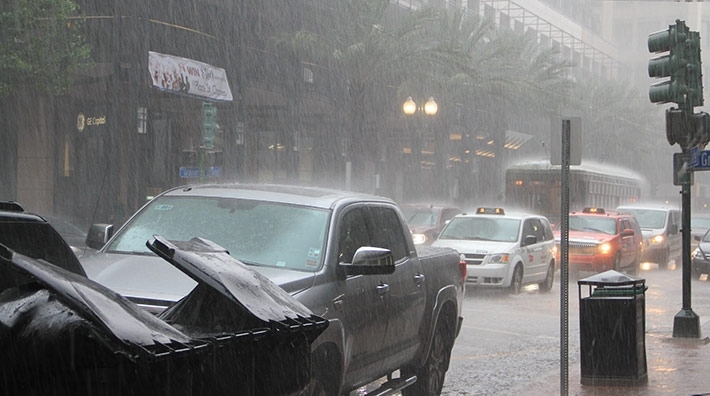Cancer Connections
Cancer News, Stories, and Conversations
Our team of experts brings you cancer-related news, features, and survivor stories.
Filtering by:
CaliforniaHow to Get Ready for a Natural Disaster When You Have Cancer
Published on: September 27, 2024
If you are a cancer patient or caregiver and you learn a hurricane, wildfire, or other natural disaster is coming your way, take steps to prepare in advance.
Ovarian Cancer Survivor Views Each Day as a Gift
Published on: August 17, 2018
When Mercedes Mundaca was diagnosed with stage 4 ovarian cancer at age 43, her doctor told her she had 4 months to live. That was 6 years ago.



